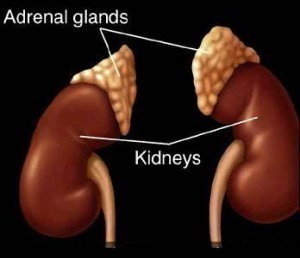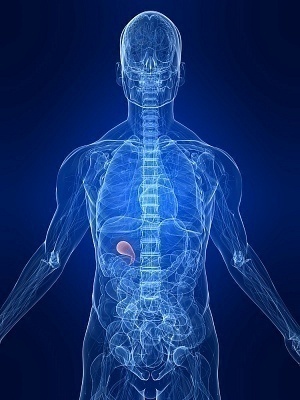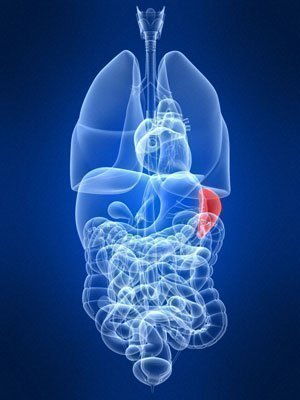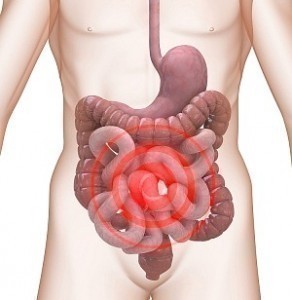High Cortisol Symptoms
The main stress hormone active in the body is cortisol. High cortisol symptoms in the body are often manifested when there is an increased demand for the pituitary gland to produce and release cortisol into the body to provide more energy, enhance the immune system and regulate inflammatory responses of the body and to regulate blood sugar.
The increased level of high cortisol is often triggered by increased level of stress. The significance of increased level of cortisol can result to advanced aging, increased abdominal size, and weight gain. Likewise if the level of cortisol level is too low the person may suffer from fatigue, exhaustion and it may lead to an endocrine system disease called Addison’s disease.
Signs of High Cortisol Symptoms
The signs of high cortisol symptom usually become evident when the level goes beyond the normal amount required for normal metabolic function. There are adverse effects in moods and physiological functions of the body when there is increased cortisol levels produced in the body. The resulting high cortisol symptoms include calling fats, carbohydrates and protein to come into action thereby resulting to increased fat storage in the body resulting to gaining of weight.
The high cortisol symptom of weight gain is often not significant in the early stage of increased cortisol level. The weight gained is often insignificant in the mild stage of the condition. However overtime, one can notice that there is a gradual increase on the size of abdominal area.
Constant exposure to stressful events or activities of any form will continuously activate the production of cortisol in the body and may result to Cushing’s Syndrome. The resulting high cortisol symptoms in Cushing Syndrome include irregular periods in women and they may experience growth of facial hair while men have reduced sex drive.
Others experience high cortisol symptoms of diabetes, high blood pressure, mood swings, abdominal stretch marks, and development of fatty tissues on the upper back and face. Studies also revealed that among the high cortisol symptoms are decreased memory on numbers, name and words.
Diagnosis of High Cortisol Symptoms
The basic diagnostic step used to determine the level of cortisol in the body is through the cortisol test. It involves drawing of blood for laboratory test. Two samples of blood are usually taken. One is taken in the morning and the other in the afternoon. The person is often advised to avoid physical exertion prior to the cortisol test. One is often asked to lie down for 30 minutes prior to taking of the blood test.
At the given time that the cortisol test is scheduled, the person is requested to refrain from taking medication as some can alter the level of cortisol in the body.
Treatment of High Cortisol Symptoms
Stress is recognized as the most common factor that can activate high cortisol level in the body. Treatment includes stress management in order to control the level of cortisol produced in the body in order to avoid the common high cortisol symptoms such as weight gain, diabetes and other conditions to occur. Nutritional supplements can also help correct the cortisol level in the body. Other treatment options include herbal medicines, low glycemic diet and rest.







